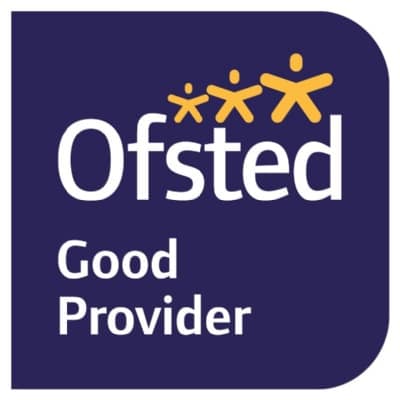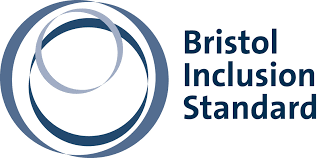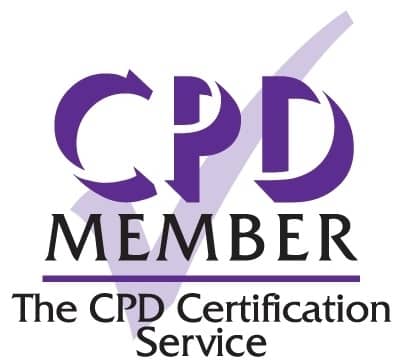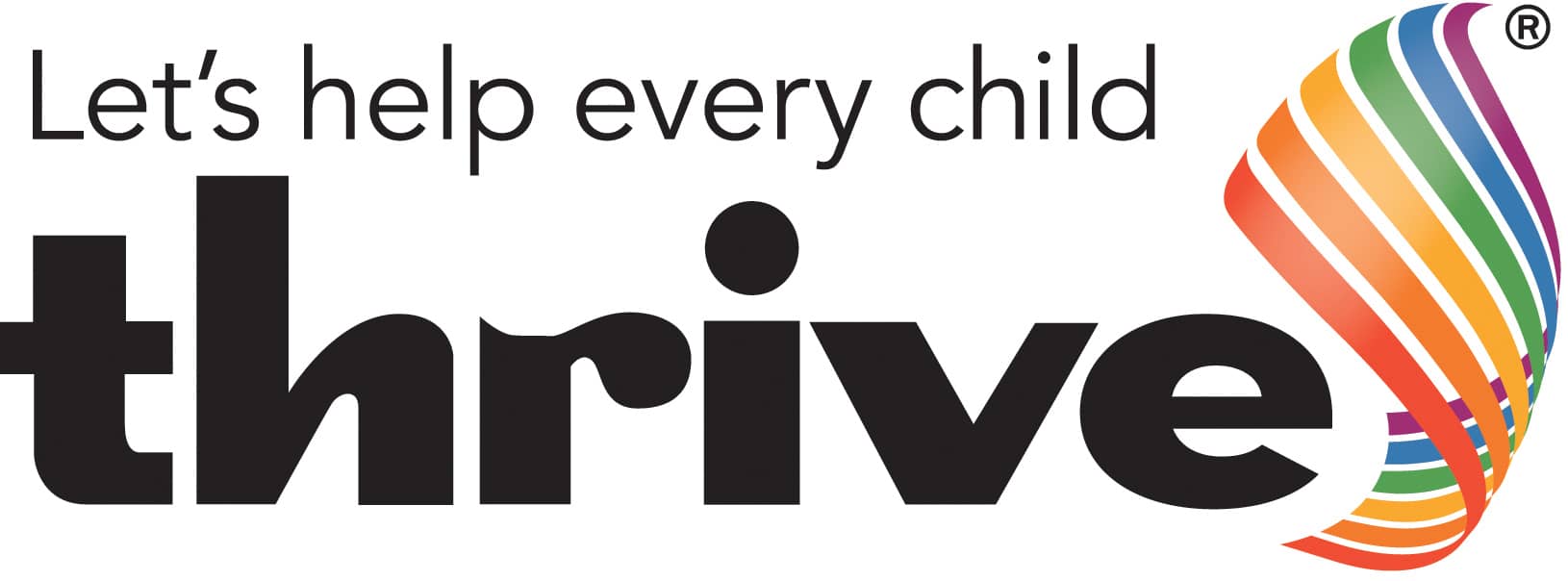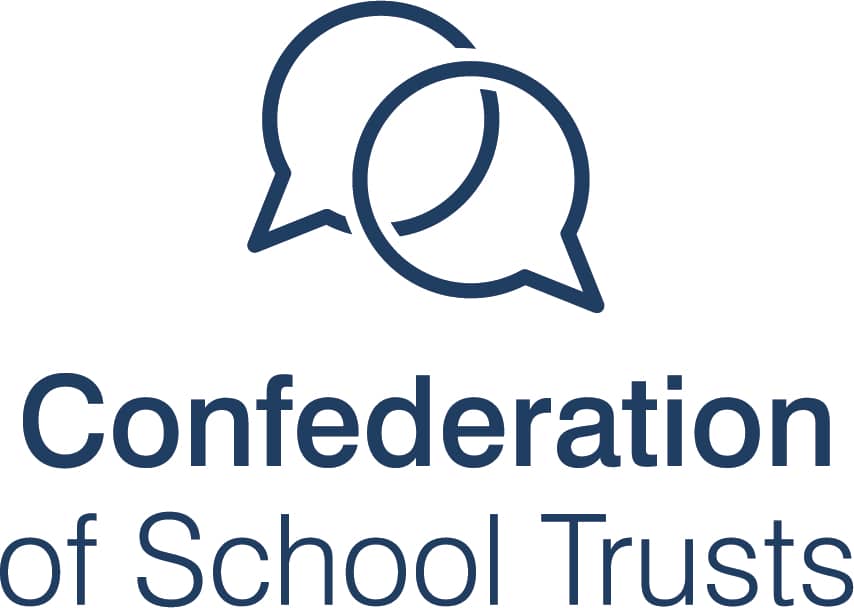Physical Education (P.E.)
P.E. Curriculum (Secondary)
At North Star 180, our Physical Education curriculum is designed to meet the needs of all pupils. Learning is carefully planned to be inclusive, accessible, and meaningful, supporting pupils to develop knowledge, skills, and understanding that are relevant to their lives. Through a well-sequenced and personalised approach, pupils are supported to make progress from their individual starting points, building confidence, independence, and readiness for future learning and adulthood.
Intent
The intent of the Physical Education curriculum in secondary education is to ensure that all pupils:
- Acquire knowledge and skills: Pupils will develop skill acquisition and be able to select and apply a range of skills in different activities. They will also learn the principles and concepts of different sports and activities. Pupils will develop their physical literacy and understand the importance of physical activity for their health and well-being.
- Prepare for adulthood: We aim to equip pupils with the skills necessary for independence and life beyond school. This includes fostering an understanding of healthy lifestyles, encouraging participation in sports and physical activities, and promoting lifelong engagement in physical fitness.
- Meet individual needs: The curriculum is designed to meet the diverse needs of our pupils, particularly those with Social, Emotional, and Mental Health (SEMH) challenges. This includes providing opportunities for all learners to engage in physical activities that promote their social and emotional development.
- Link to EHCP outcomes and personal development: Our curriculum aligns with the outcomes outlined in the pupils’ Education, Health and Care Plans (EHCPs), considering the pupils physical and sensory needs, whilst ensuring that opportunities are given to progress the pupils social, mental and emotional development. The program delivery always promotes the values of respect, resilience, and responsibility and develops healthy personal, thinking, and social skills.
The curriculum is ambitious and inclusive, ensuring all pupils can achieve and succeed regardless of need. In Physical Education, this looks like tailored lesson plans that consider individual abilities, interests, and emotional states, allowing every pupil to engage meaningfully in physical activities.
Implementation
The Physical Education curriculum in secondary education is implemented through a structured and sequenced approach that includes:
- Curriculum structure: The curriculum is organised through the complete PE program into units that progressively build upon prior knowledge and skills. Each unit focuses on different sports and physical activities, ensuring a comprehensive coverage of the physical education spectrum. Autonomy and variety are used with groups and individuals to promote engagement and enjoyment.
- Practical and real-life learning: Opportunities for practical, sensory, and real-life learning are integral to our curriculum. Pupils engage in a range of sports and activities that promote physical competence and confidence. These include team games and activities, individual challenges, health, and fitness.
- Assessment for learning: Assessment is ongoing and formative, providing valuable feedback that informs teaching. Teachers use a range of assessment methods, including self-assessment and peer assessment, to encourage reflective learning, and to help pupils understand their progress. This allows pupils to set their personal bests and have some autonomy within their learning.
- Teaching approaches: A variety of teaching strategies are employed to support SEND learners, including differentiated instruction, visual aids, adaptive equipment, and hands-on activities. Teachers are trained to recognise and respond to the unique challenges faced by pupils with SEMH needs, creating a supportive learning environment.
- Adaptations and differentiation: Staff use a range of strategies and resources to ensure learning is engaging, accessible, and personalised. This includes adapting activities to suit different skill levels, providing additional support where necessary, and using scaffolding techniques to help pupils build fundamental skills progressively.
In Physical Education, this implementation supports varying abilities, ensuring every pupil can participate and benefit from the curriculum.
Impact
The impact of the Physical Education curriculum is demonstrated by:
- Progress from starting points: Pupils show measurable progress in their physical, thinking and social skills, whilst understanding concepts and principles of physical education. This is demonstrated by assessments and observations. This progress is tailored to their individual starting points, ensuring that all pupils can achieve progression and success.
- Increased independence and confidence: Pupils develop greater independence in their physical abilities and exhibit increased confidence in participating in physical activities. This is reflected in their willingness to engage in sports and exercise both in and out of school and maintain healthy lifestyles in adult life.
- Transfer of Learning to real-life contexts: Learning in Physical Education extends beyond the classroom, with pupils applying their skills and knowledge in real-life situations. This includes participation in community sports, recreational activities, and understanding the importance of maintaining an active lifestyle.
- Achievement of EHCP outcomes: The curriculum supports pupils in achieving their EHCP outcomes, particularly in areas related to personal development, social skills, and emotional well-being. This holistic approach prepares pupils for the next stages of their education and life.
The impact of our Physical Education curriculum is evident in the positive attitudes pupils develop towards physical activity, their improved physical literacy, and their readiness to lead healthy, active lifestyles into adulthood.
Key Stage 3 Focus
In Key Stage 3, pupils build on and embed the physical development and fundamental skills and concepts learned in the Primary education phase. The curriculum aims to:
- Enhance competence and confidence: Pupils become more competent and confident in their skill acquisition, selecting and applying these fundamental skills across a range of different sports and physical activities.
- Develop Personal, thinking, social, and emotional skills: The curriculum fosters personal development, encouraging pupils to work collaboratively, communicate effectively, and develop resilience through physical challenges.
- Promote Health and Physical Literacy development: Pupils learn the importance of physical activity for their health and well-being, developing an understanding of how to maintain a healthy lifestyle.
- Knowledge of principles and strategies: Pupils develop knowledge and understanding of the principles, strategies, tactics, and concepts of physical education, enabling them to improve decision making in sports and physical activities.
- Reflective learning: Pupils become reflective learners, assessing their own and peers’ performance, which fosters a growth mindset and encourages continuous improvement.
- Encourage lifelong engagement: We aim to install confidence and interest in physical activity that encourages pupils to engage in exercise, sports, and activities beyond school and throughout their lives. They learn to understand and apply the long-term health benefits of physical activity.
- Promote enjoyment in movement: The curriculum encourages enjoyment in physical literacy and movement, fostering a positive attitude towards physical activity that pupils carry into adulthood.
Through these focus areas, our Key Stage 3 Physical Education curriculum supports pupils in developing the skills, knowledge, and attitudes necessary for a healthy, active lifestyle.
Key Stage 4 Focus
In Key Stage 4, pupils build on and embed the physical development, skill acquisition, and concepts learned in Key Stage 3 to become more competent and confident in selecting and applying them across a range of different sports and physical activities. The curriculum aims to:
- Enhance autonomy: Pupils are encouraged to take more responsibility for their learning by fostering a sense of ownership over their physical development journey.
- Develop independence and confidence: Pupils will develop more independence in their own learning and be self-motivated to exercise and participate in physical activity. They will learn to self-manage, organise and collaborate with their peers during activities.
- Foster personal development: The curriculum promotes the development of personal, social, emotional, and thinking skills. Pupils will engage in activities that enhance their ability to work together, communicate effectively, and develop resilience through physical challenges.
- Promote physical literacy: Pupils will continue to develop their physical literacy, gaining knowledge and understanding of the principles and concepts of physical education. This will enable them to make informed decisions about how they continue to lead healthy active
- Encourage reflective learning: Pupils will develop into reflective learners, assessing their own and peers’ performance, which promotes a growth mindset and encourages continuous improvement.
- Instill lifelong engagement: The curriculum aims to instill confidence and interest in physical activity that encourages pupils to engage in exercise, sports, and activities beyond school and throughout their lives. They will learn to understand and apply the long-term health benefits of physical activity.
- Create a motivating environment: We strive to create an environment that increases motivation and enjoyment in physical education and physical literacy. This includes engaging activities that cater to diverse interests and abilities.
Through these focus areas, our Key Stage 4 Physical Education curriculum supports pupils in developing the skills, knowledge, and attitudes necessary for a healthy, active lifestyle, preparing them for adulthood and encouraging lifelong participation in physical activity.


